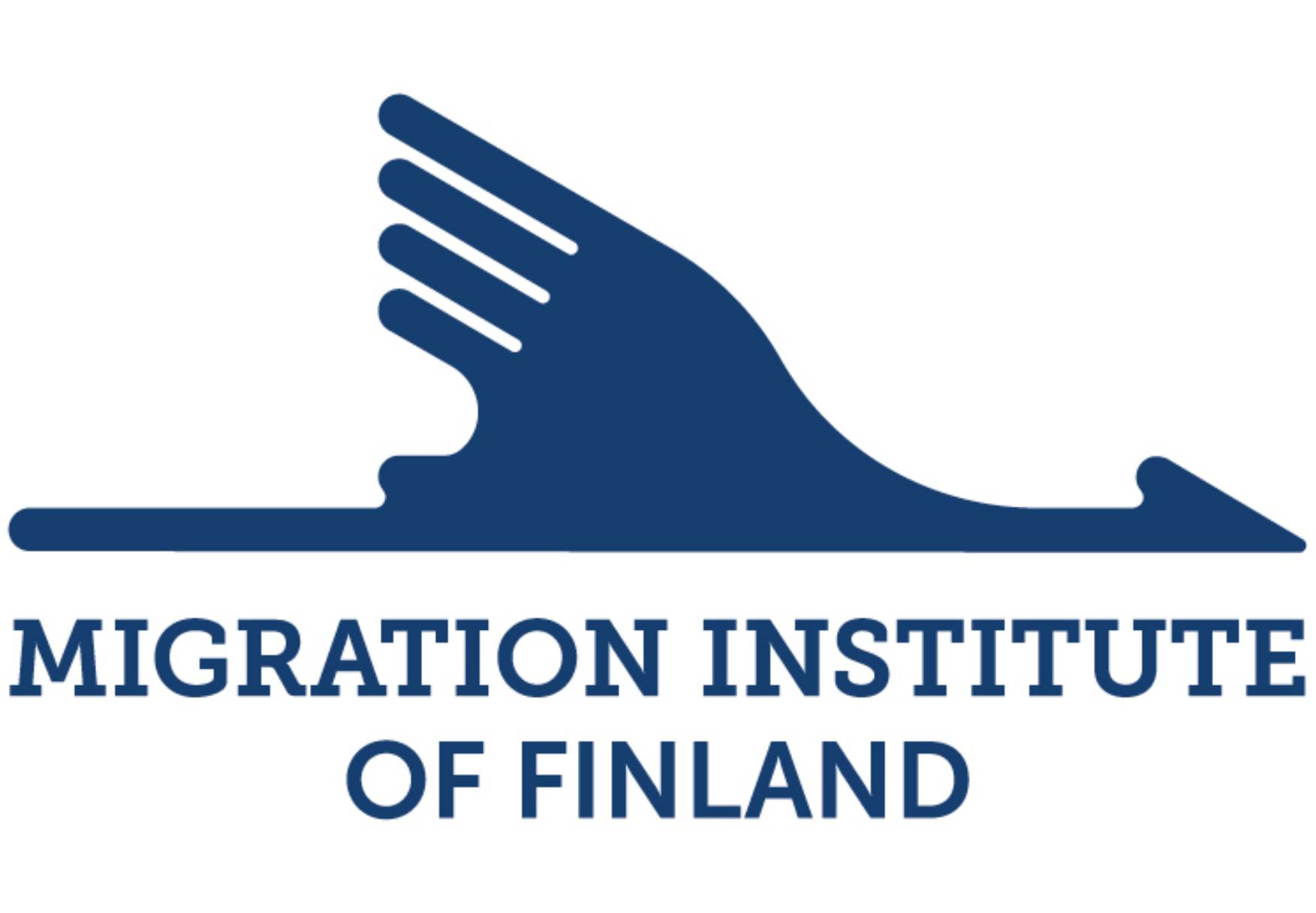Research conducted by the Migration Institute of Finland focuses on migration flows and their impacts. We study both present and past migration flows. The special task of the Migration Institute of Finland is to highlight Finnish migration flows, and data related to Finns living abroad and their offspring.
Migration flows are divided into international migration flows, i.e. emigration and immigration, and domestic migration flows, i.e. internal migration. These different movements of population are linked to each other in many ways and, in our view, one cannot be understood without understanding the others.
Our research subjects include migration due to work, studies and family reasons and exile. Within these subjects, we can study many phenomena, such as migration flow management, settling down, formation of ethnic communities, and experiences of the offspring and different generations.
Often, there are wide-ranging international phenomena and developments behind migration flows. These include urbanisation, technological revolutions, economic globalisation and climate change. In addition, regional differences in demographics and living standards create preconditions for migration. The political situation also has a key impact and different conflicts in particular cause people to migrate.
Even though individuals and groups of people have moved about throughout history, nowadays many have the opportunity to move from one city and country to another more easily and quickly than ever before. The difference between settling down permanently and a short stay has faded. Multi-place living is fairly commonplace, be it about commuting, spending time at the summer cottage or part-time living abroad.
Research principles
The strategic goal of the Migration Institute of Finland is to carry out high-quality and ethically sound research. When necessary, our research projects will undergo an ethical advance assessment conducted in cooperation with the University of Turku.
We are committed to following the guidelines of the Finnish National Board on Research Integrity (TENK) as well as the science communication recommendations of The Committee for Public Information (TJNK)
In addition, we are committed to the principles of open science. If possible, our publications are available free of charge, our research processes are documented and our research materials are openly available for use by other researchers. Further information on the principles of open science can be found at the Open Science website.
The Responsible Research website provides guidance for good practices in research ethics and science communication in Finland.

